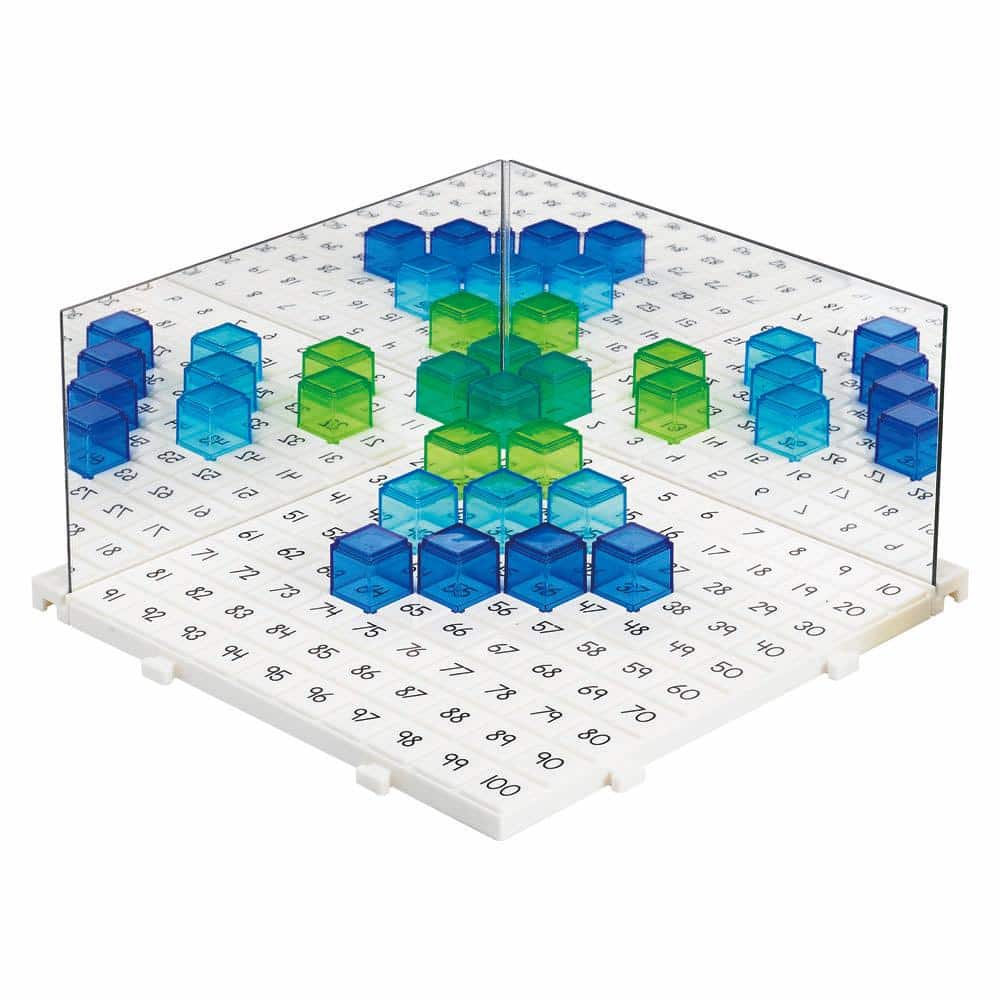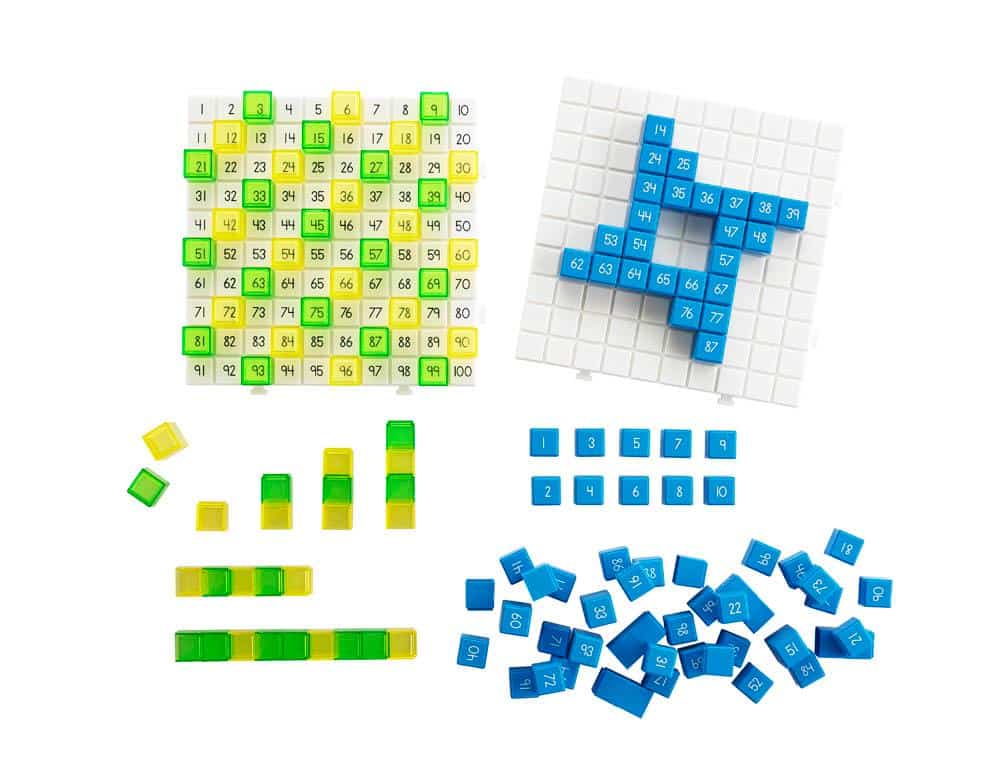How Building Toys Develop Mathematical and Logical Thinking
Introduction
Building toys are not only popular among children, but they also play a significant role in their development. These toys, such as building blocks, magnetic tiles, and construction sets, provide children with a platform to explore their creativity while enhancing their mathematical and logical thinking skills. In this article, we will explore the various features of building toys that contribute to the development of mathematical and logical thinking in children.
Features of Building Toys
Building toys possess unique features that fuel children’s mathematical and logical thinking. Let’s delve into some of these key features:
- Problem-solving Opportunities: Building toys present children with countless problem-solving opportunities. From figuring out how different pieces fit together to designing stable structures, children are constantly challenged to think critically and find solutions. This process of trial and error helps them develop strategic thinking skills and fosters a deeper understanding of mathematical concepts.
- Hands-on Learning: Building toys provide hands-on learning experiences, allowing children to physically manipulate objects and engage their senses. As they assemble and disassemble structures, they develop spatial awareness, an essential foundation for geometric reasoning and measurement skills. The tactile nature of building toys enables children to grasp abstract mathematical concepts through concrete interactions.
- Pattern Recognition: Many building toys consist of pieces that need to be arranged in specific patterns or sequences. By observing and understanding these patterns, children develop a keen sense of pattern recognition. This skill is vital for logical reasoning, as patterns serve as building blocks for more complex mathematical concepts like algebra and problem decomposition.
- Spatial Visualization: Building toys encourage children to visualize and mentally manipulate objects in three-dimensional space. Through stacking, aligning, and connecting various pieces, children enhance their spatial reasoning abilities. This skill is fundamental for comprehending geometry, recognizing relationships between shapes, and solving spatial problems.
- Creative Exploration: Building toys foster creativity and imagination. Children can experiment with different ways of constructing objects and unlock endless possibilities for design. This imaginative engagement contributes to the development of divergent thinking, enabling children to approach problems from multiple perspectives and think outside the box.
- Logical Reasoning: Building toys promote logical reasoning as children plan and execute their construction projects. They learn about cause and effect relationships, sequences, and deductive reasoning while troubleshooting any challenges that arise. The ability to think logically is an essential tool for solving complex mathematical problems and honing critical thinking skills.
Impact on Mathematical and Logical Thinking
The incorporation of building toys into a child’s playtime can have a profound impact on the development of their mathematical and logical thinking abilities. Here are some ways in which building toys positively influence children:
- Improves problem-solving skills through hands-on exploration and experimentation.
- Enhances spatial awareness and visualization abilities, crucial for geometry and spatial reasoning.
- Boosts pattern recognition skills, a foundation for algebraic thinking and problem-solving.
- Nurtures logical reasoning skills by engaging in cause and effect relationships and deductive reasoning.
- Fosters creativity and imaginative thinking, encouraging children to approach problems from different angles.
- Strengthens critical thinking abilities as children analyze, plan, and troubleshoot during building activities.
Conclusion
Building toys are undoubtedly a valuable asset when it comes to developing mathematical and logical thinking in children. They provide a stimulating and interactive learning experience that goes beyond traditional classroom settings. By engaging with these toys, children acquire essential problem-solving, spatial, pattern recognition, and logical reasoning skills. Encouraging children to play with building toys not only fosters their intellectual growth but also ignites a lifelong passion for learning.


